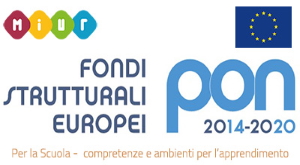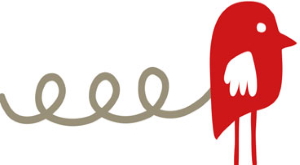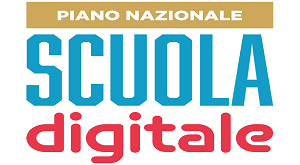Our Erasmus+ KA2 project
Each country has teachers who are specialized in one field, so our aim is to spread their knowledge in order to increase the students’ participation in learning and better prepare them for their future jobs or career all over Europe.
The Portuguese school has a long experience using programming languages and computers networks. Some teachers are specialized in programming Oriented Object languages, others in mobile application development, others have Cisco System CCNA certification, and most of all they are constantly adapting programming languages to market labor needs. We aim to share our knowledge with our partner and acquire new ones, to produce new learning objects and educational resources.
Over the past few years Italy has spent time and resources developing basic skills in home automation with Lego Mindstorms robot: their students learn basic principles of the dedicated programming language NXT –G; one of them deepens the NXC and Scratch free languages. We plan to use robots and their programming languages to create simple applications, games for younger students and be able to teach other partners these new technologies.
France has a lot of experience in building and programming electronic devices using microcontrollers (arduino for example) and we can train our partners in this technology. The conditions of work are excellent because the students work in small groups (maximum 15) and the equipment is modern and adapted to their professional environment. Many interdisciplinary projects are run in various themes and always take into account the specificity of our students.
Our Slovenian partner is a primary school and guides the other partners according to its needs. Indeed the Slovenian school gives the other students‘ partners the subjects for the production of educational resources (software/games) in relation with the education primary curriculum. These resources or Learning objects will mostly be for maths and science.
Primary school children will test and use the learning objects (LO), arduinos devices and robotics games produced by the students.
All the partners want to join their knowledge and expertise to:
– Develop devices to record scientific experiments
– Build some simple devices to help younger students practice mathematical notions
– Produce Learning objects (Educational resources) related with maths and science
– Produce educational games with devices like robots and microcontrollers
France will help with the installation of microcontrollers, Portugal will do the programming in order to acquire data to a database. Italy will adapt microcontrollers to a moving “sensitive” Robots and Slovenia will be the “beta tester”.
All the teams need to take part of the project in order to have the final results. There will be different steps in our project :
– We need to prepare all the steps of the project and define clearly each of the partners’ tasks
– Then each of us will implement the tasks
– It´s also very important to monitor all the tasks because we must respect the planning from start to finish when there are mobilities
– During the mobilities we will evaluate the progress of the project and its evolution
– Finally we will promote the project because it is really important to make the project available to the stakeholders and to the wider public
We aim to create a sustainable project to:
– Promote training sessions to other teachers from different schools
– Use the devices acquired with other students
– Teach other primary teachers how to use these devices
– Teachers will have new methodologies and different approaches in class
– Make the educational resources available all over the world
Go to the MORE’s Twinspace (click here!): http//twinspace.etwinning.







